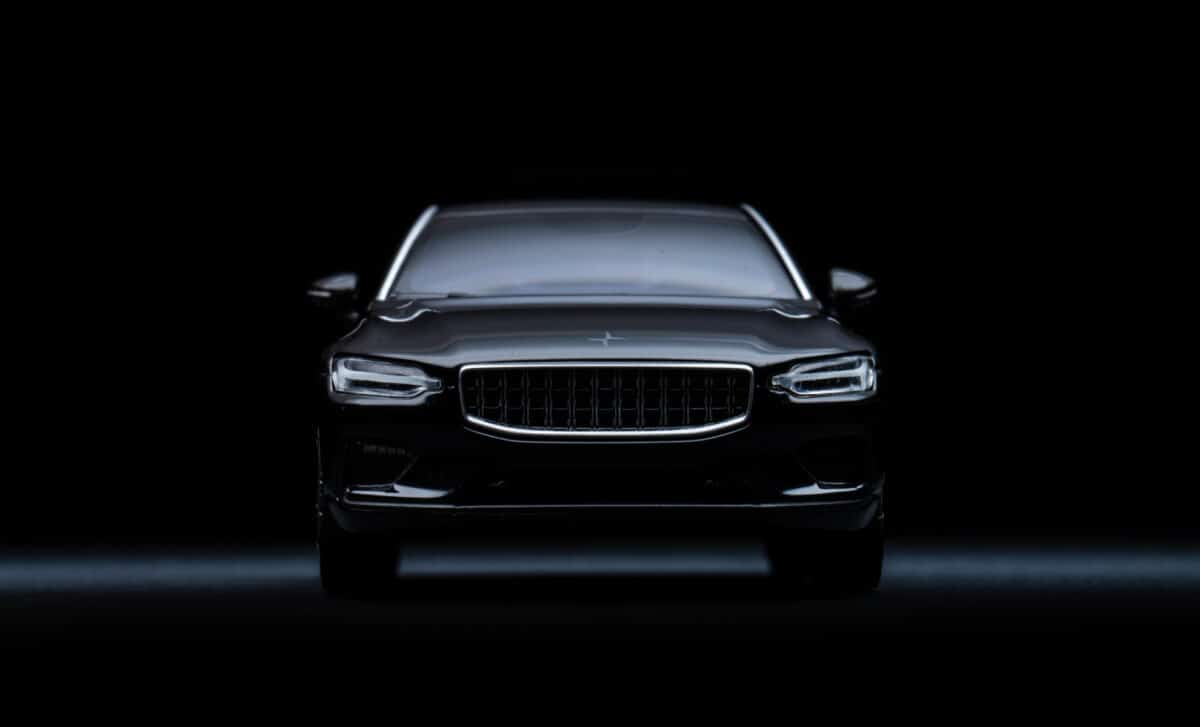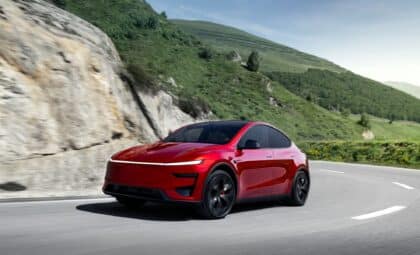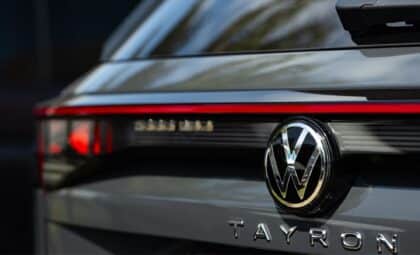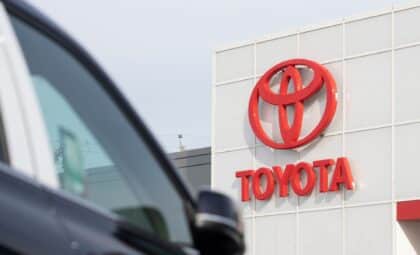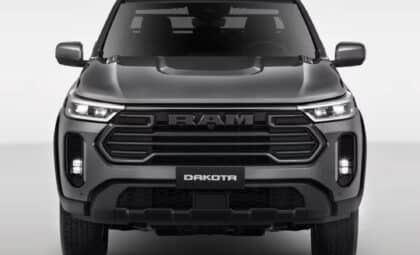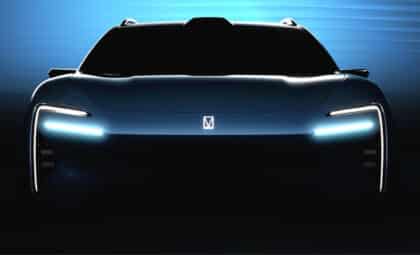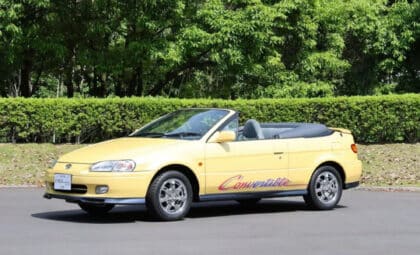The current environment marks a sharp reversal from just a few years ago when brands were racing to electrify their lineups by 2030. Back then, industry players like Ford, Volkswagen, Mercedes-Benz, and Nissan spoke openly of full-electric futures. Today, many of those targets are being pushed back, scaled down, or quietly shelved.
The situation reflects a turbulent phase for the U.S. EV market. With fluctuating demand, expired tax credits, and rising tariffs, manufacturers are opting to slow their rollout of new battery-powered models. At least fifteen major EVs have either been discontinued, indefinitely delayed, or canceled entirely in recent months — a signal that the road to electrification may be bumpier than once thought.
Discontinued, Not Launched: Multiple Brands Pull the Plug
A number of electric models were recently pulled from production schedules altogether. According to InsideEVs, Acura has discontinued the ZDX, its first all-electric crossover, citing vague “market conditions.” The model, which was based on the same platform as the Honda Prologue and Chevrolet Blazer EV, will not be replaced immediately, although a smaller RSX EV is still planned for 2026.
The Dodge Charger Banshee, a high-performance EV boasting over 800 horsepower, has reportedly been scrapped as well. Citing unnamed supplier sources, MoparInsiders said the Banshee is “no longer a priority” for Stellantis. Meanwhile, Maserati has canceled the MC20 Folgore, a premium electric sports car derived from its V6-powered sibling. Demand for the model, according to the automaker, never materialized at meaningful levels.
Also among the casualties is the Volkswagen ID.7, a sleek electric sedan originally intended for a 2024 U.S. launch. The model was cut from Volkswagen’s North American plans early this year due to what the company described as the “ongoing challenging EV climate.”
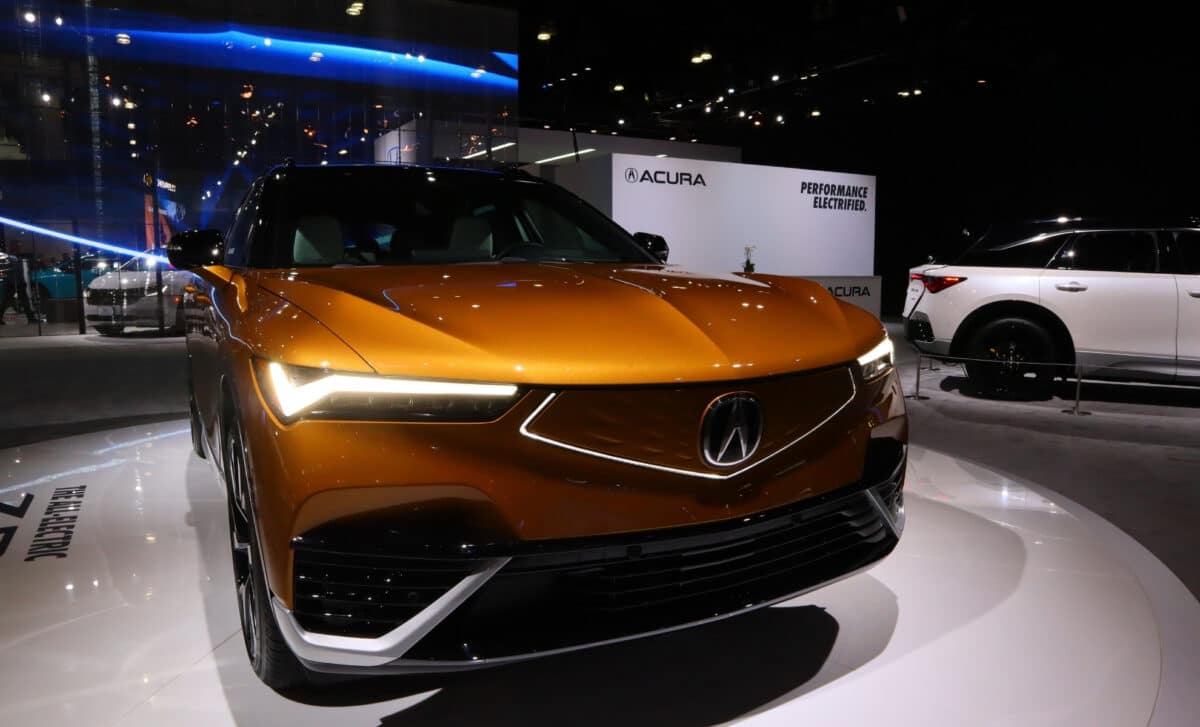
Delays Stretch Timelines Into 2028 and Beyond
Some manufacturers aren’t scrapping their EV plans outright — they’re just pushing them far into the future. Ford has delayed both its next-generation electric F-150 pickup and E-Transit van until 2028, despite initial promises for a mid-decade release. Codenamed Project T3, the next F-150 Lightning replacement had already slipped from 2025 to 2027 before being delayed again.
Nissan is also retreating from earlier targets. It recently paused U.S. production of the Ariya, and canceled development of two electric sedans that were supposed to be built at its Canton, Mississippi plant. According to the company’s own statement, “recent changes in industry market conditions” led to the cancellation of these projects. Instead, the focus has shifted to two crossover EVs, now rescheduled for late 2028 and early 2029.
The luxury segment hasn’t been spared either. Deliveries of the Range Rover EV, Land Rover’s first all-electric SUV, are now set for early 2026, while the U.S.-bound Polestar 2 has been placed on indefinite hiatus. As InsideEVs noted, its Chinese production origins and the resulting import tariffs were a likely factor in its quiet removal from the U.S. website.
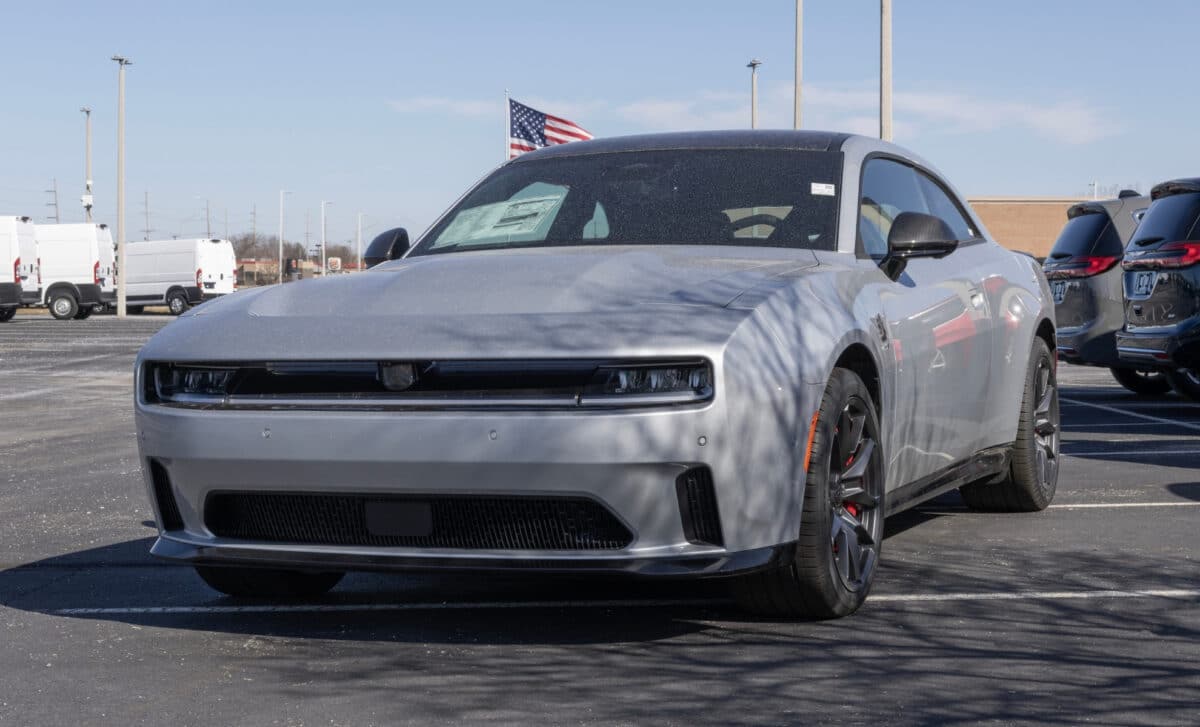
Production on Pause as Strategy Shifts
Rather than clear cancellations or delays, several automakers are putting EV production on hold while they reassess their strategies. On September 1, Mercedes-Benz paused the manufacturing of all U.S.-bound EQE and EQS models — including sedans and SUVs. A spokesperson confirmed that order banks were closed in America, although models for international markets remain unaffected.
Similarly, Porsche scrapped its plan to launch a flagship electric SUV above the Cayenne, opting instead to introduce the platform with combustion and plug-in hybrid drivetrains first. Meanwhile, Ram has rebranded its EV offering after canceling the original 1500 REV electric truck. Now, the company is focusing on a range-extended version powered by a gasoline generator.
Even Infiniti and Nissan scrapped plans for a pair of electric sedans in development, another reflection of how long-term uncertainty is forcing abrupt turnarounds. The U.S. EV production landscape is now marked by hesitation, shifting deadlines, and a renewed focus on profitability over promises.

